Optimal Timing for Foundation Repairs
Foundation repairs are most effectively performed during specific times of the year to ensure optimal conditions for stability and safety. The timing depends on weather patterns, soil conditions, and the type of repair needed. Proper planning can help prevent further damage and reduce costs.
Spring offers moderate temperatures and soil moisture levels, making it suitable for foundation work. However, heavy rains can sometimes cause delays.
Summer provides longer daylight hours and dry conditions, which are ideal for certain types of foundation repairs. Heat can sometimes cause soil to expand.
Fall is a good time due to cooler temperatures and less rain. Soil moisture levels are typically stable, reducing the risk of shifting.
Winter is generally less favorable due to freezing temperatures and frozen ground, which can hinder excavation and other repair processes.
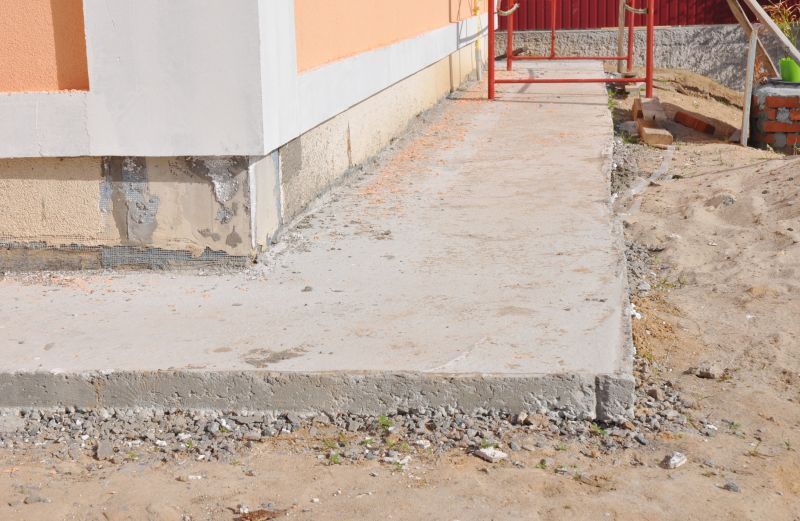
Spring repairs benefit from moderate weather and soil conditions.
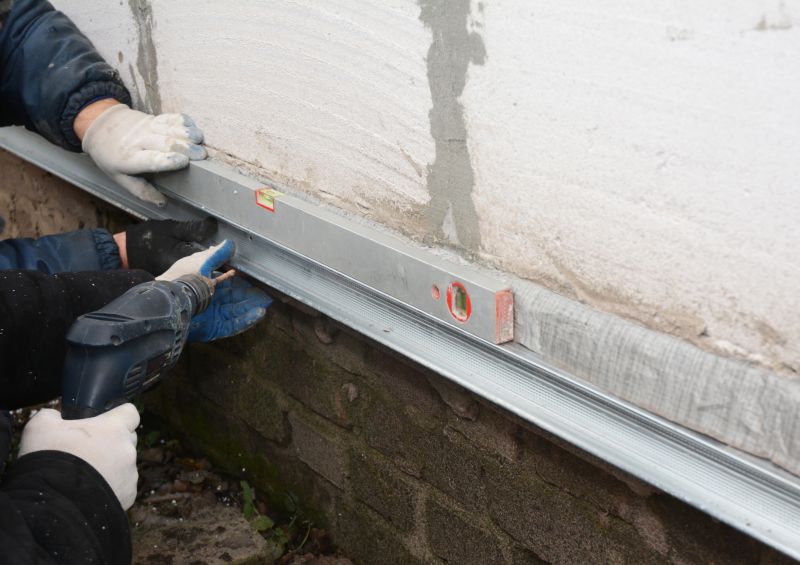
Summer offers dry conditions suitable for many repair techniques.
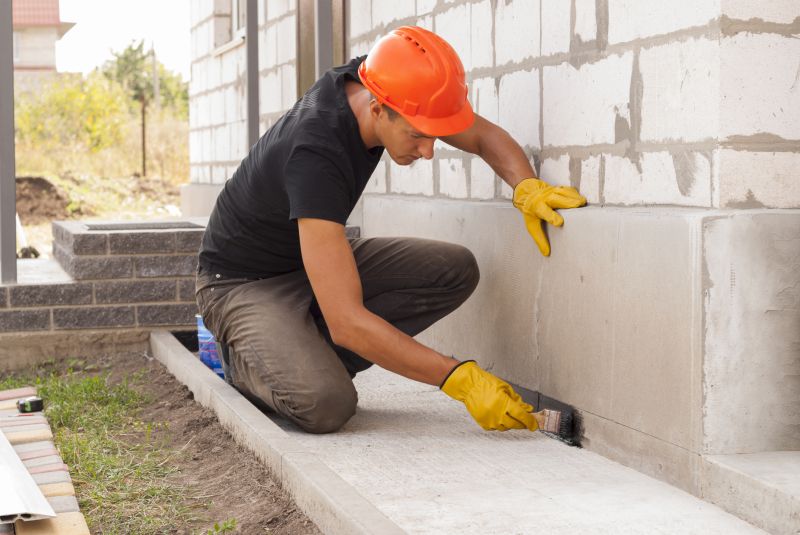
Fall provides cooler temperatures and stable soil for repairs.
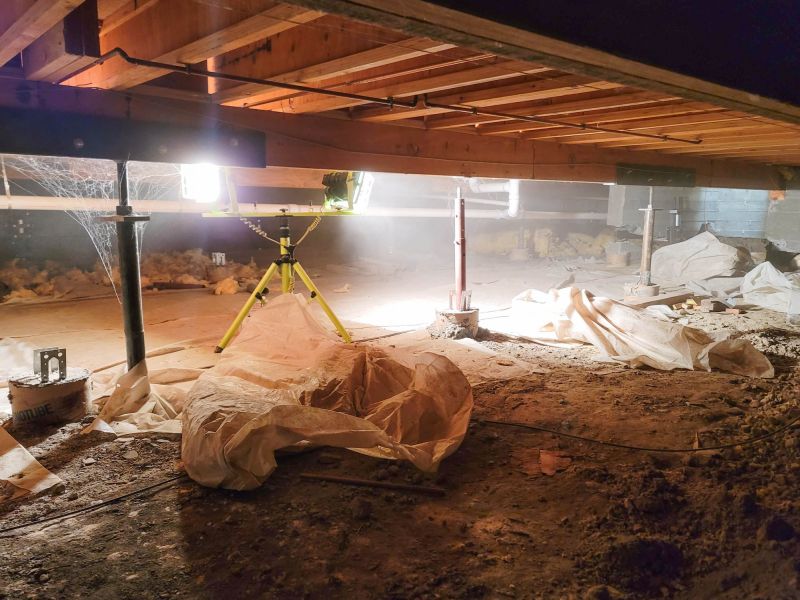
Ways to make Foundation Repairs work in tight or awkward layouts.
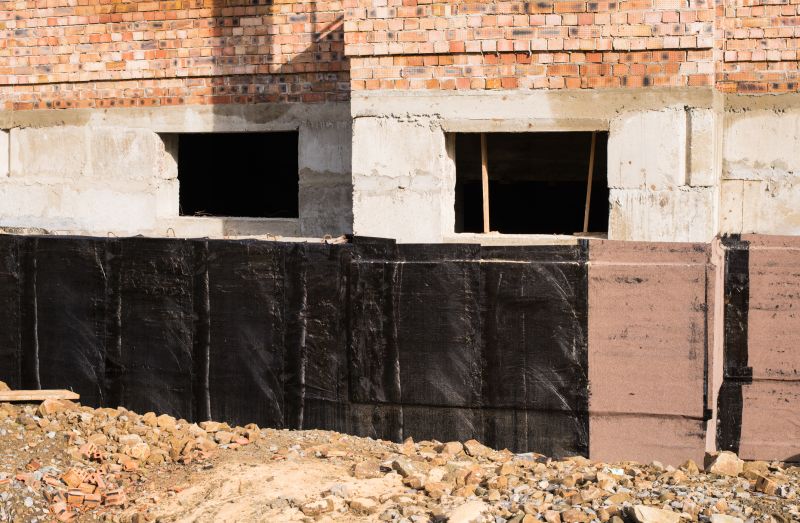
Popular materials for Foundation Repairs and why they hold up over time.
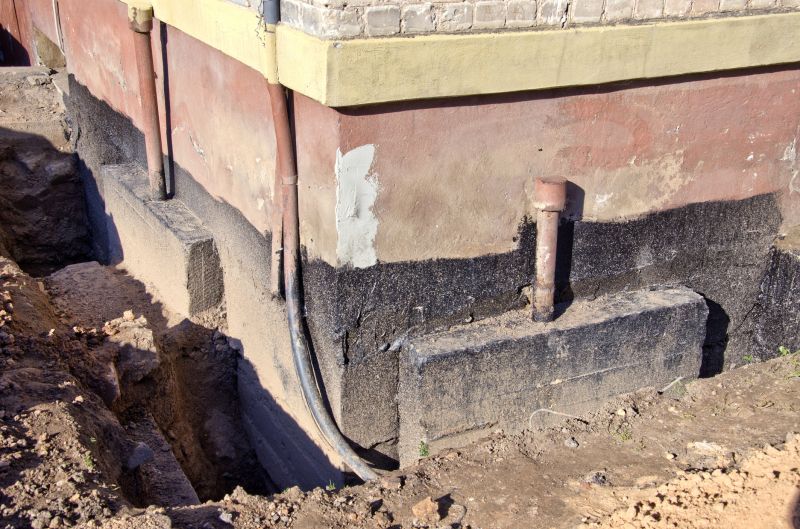
Simple add-ons that improve Foundation Repairs without blowing the budget.
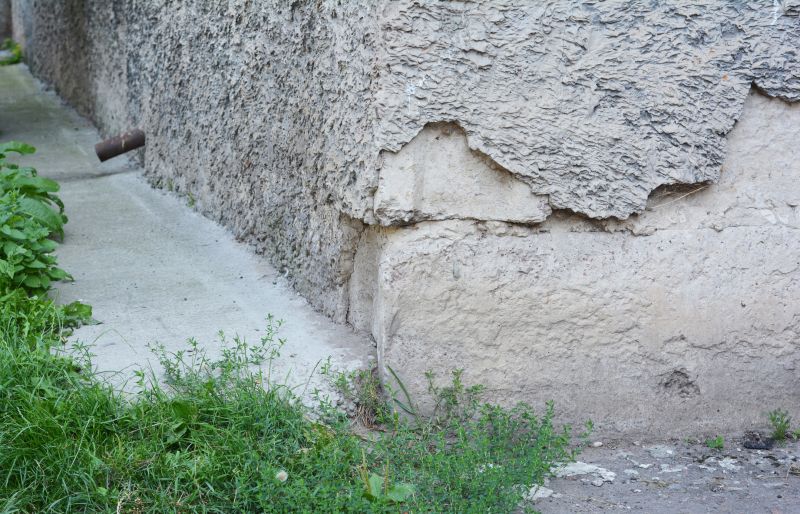
High-end options that actually feel worth it for Foundation Repairs.
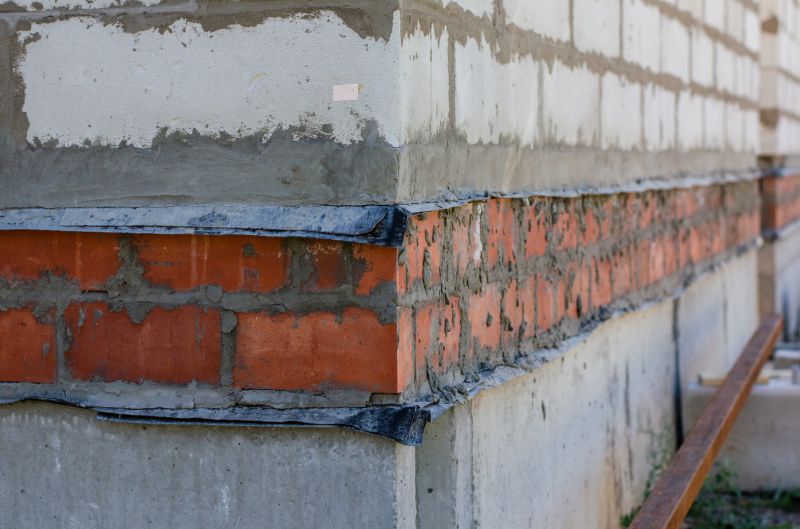
Finishes and colors that play nicely with Foundation Repairs.
| Season | Ideal Conditions |
|---|---|
| Spring | Moderate temperatures, soil moisture, less rain |
| Summer | Dry conditions, longer daylight |
| Fall | Cooler temperatures, stable soil |
| Winter | Freezing temperatures, frozen ground |
Foundation repairs are critical for maintaining the structural integrity of a building. They address issues such as settling, cracking, and shifting caused by soil movement, moisture changes, and other factors. Proper timing can help minimize disruption and ensure long-lasting results.
Statistics indicate that early intervention during optimal seasons can reduce repair costs by up to 30%. Seasonal conditions influence soil behavior, which directly impacts the effectiveness of foundation repair methods. Planning repairs during the right time can also improve safety and reduce the risk of additional damage.
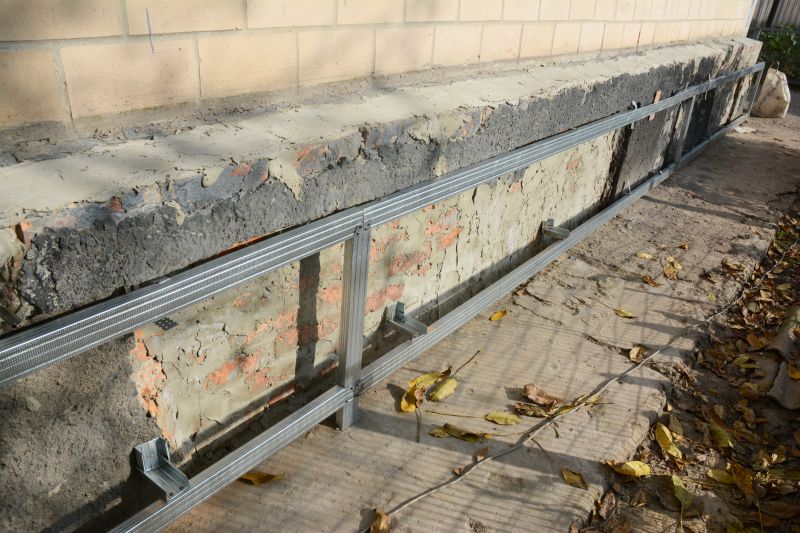
Visual overview of typical foundation repair methods.
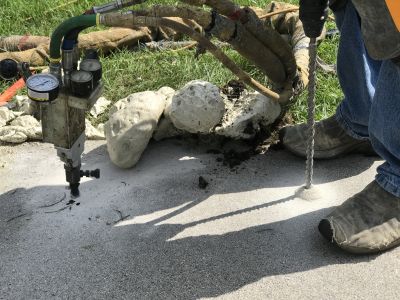
Specialized tools and machinery for foundation stabilization.
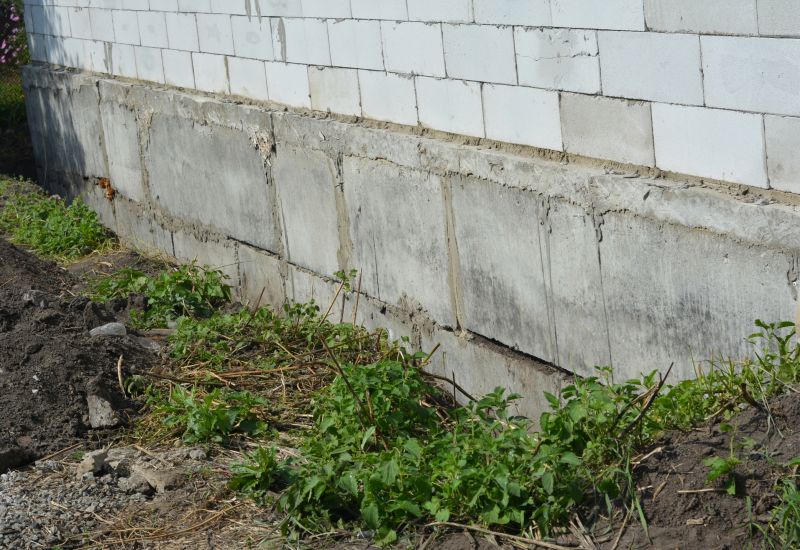
Examples of foundation repair improvements.
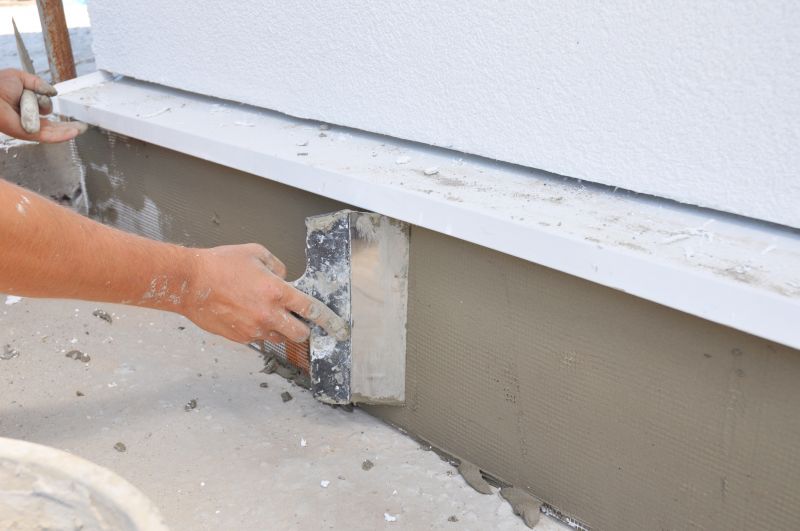
Techniques for managing soil conditions during repairs.
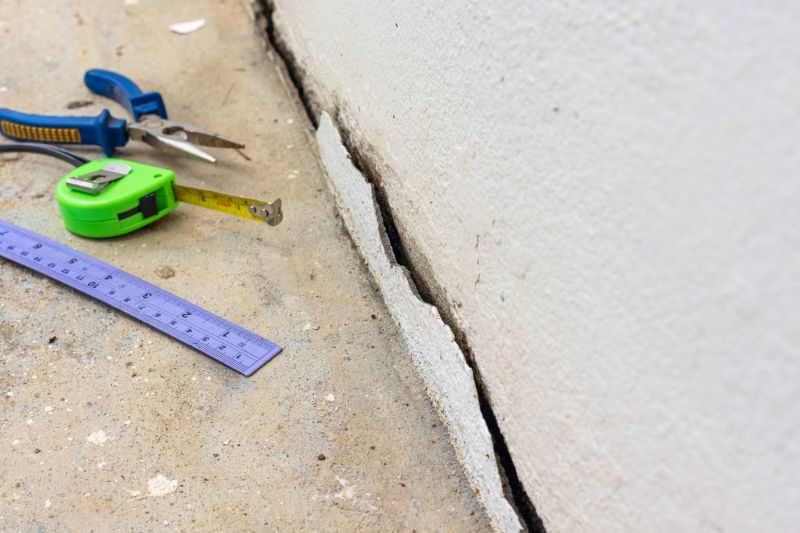
Little measurements that prevent headaches on Foundation Repairs day.
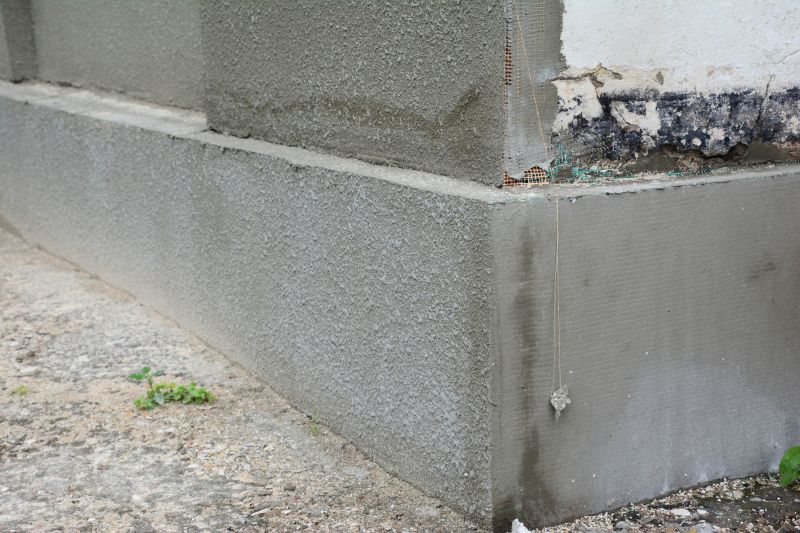
A 60-second routine that keeps Foundation Repairs looking new.
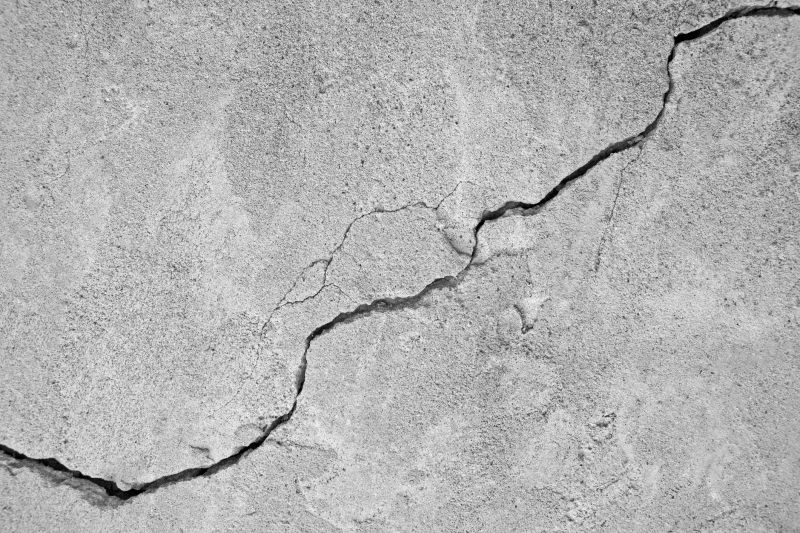
A frequent mistake in Foundation Repairs and how to dodge it.
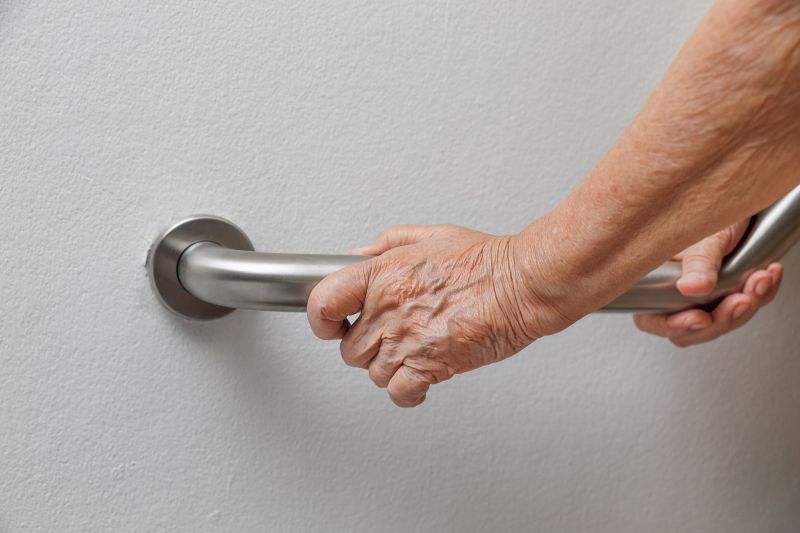
Small tweaks to make Foundation Repairs safer and easier to use.
Interested in foundation repairs? Filling out the contact form provides the opportunity to discuss options and schedule assessments. Proper timing and professional intervention can help preserve the longevity of a property’s structure.

